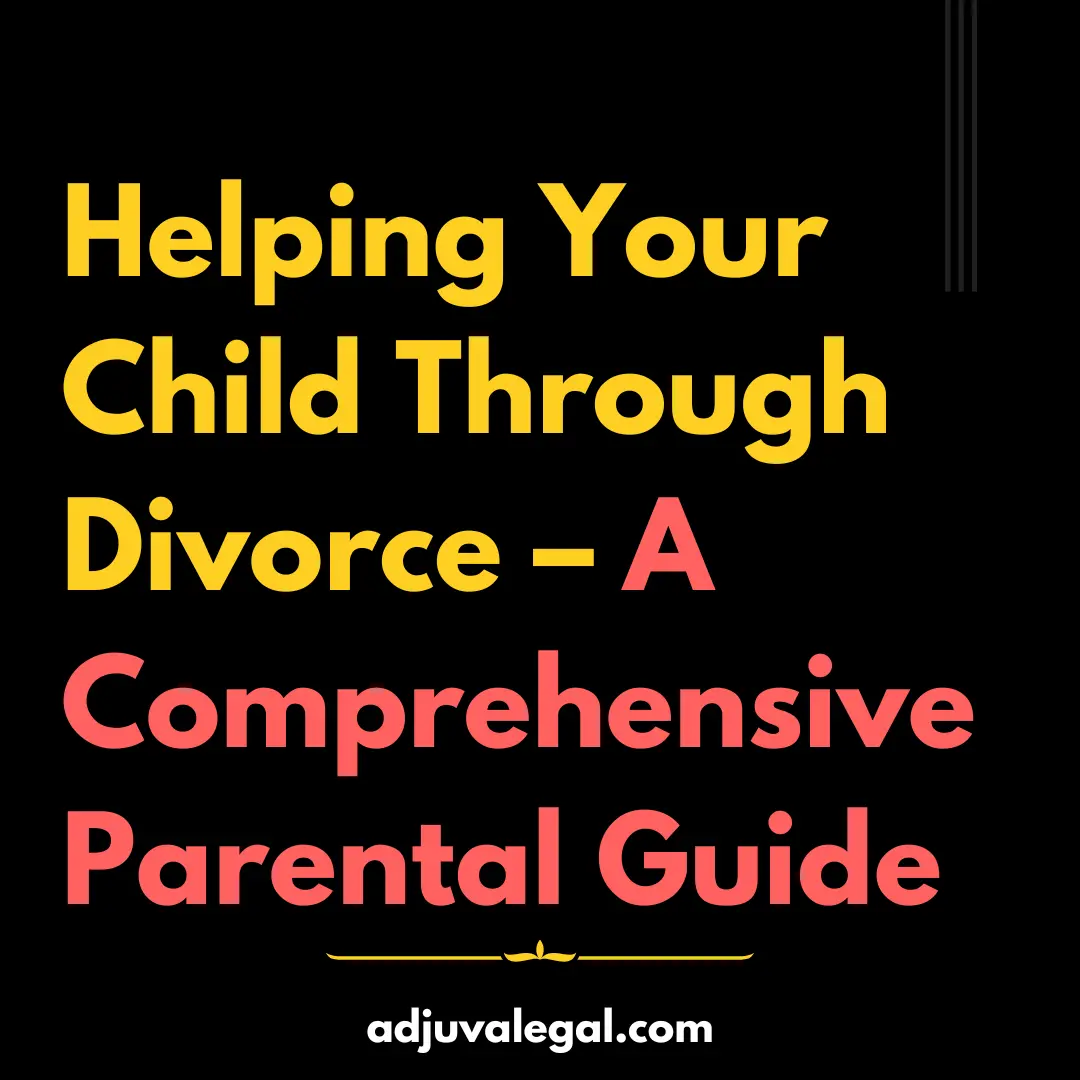The Concept of Restitution of Conjugal Rights
Marriage is a sacred institution; it is the foundation of a stable family and civilized society. When a marriage takes place between two individuals they bring goals onto the marriage.
Due to unfulfilled needs and desires, matrimonial disputes occur which ruin one’s life and cannot be restored again very fast. It leaves a profound impact on the life of people having marital disputes which may lead to divorce.
Martial conflicts are inevitable. They are not just differences of opinion rather are consecutive events that have been not properly handled which may lead to damage to the marriage relationship. Everyone has their personal preference and self-interests. For a successful marriage, the ideals of compromise and sacrifice need to be practised.
An Overview of Hindu law
The Hindu Marriage Act, 1955 came into force on May 18, 1955. It has amended and codified the law relating to marriage among Hindus. It thus codified the various aspects of Hindu marriage and the legal issues arising out therein. The essential conditions of a valid Hindu marriage are stated in Section 5 of the Act and the violation thereof is made punishable under Section 17 and Section 18 of the Act.
Disputes and Proceedings under the Hindu Marriage Act, 1955
1. Restitution of Conjugal Rights (Section 9)
2. Nullity of Marriage (Section 11-12)
3. Judicial Separation (Section 10)
4. Divorce (Section 13)
5. Maintenance and expenses for proceedings (Section 24)
6. Permanent Alimony and Maintenance (Section 25)
What is the Restitution of Conjugal Rights (RCR)?
Marriage is a widely accepted contract in almost every personal law. It is a law-abiding partnership established to fulfil conjugal rights towards each other. The establishment of marriage is a significant mainstay of a sound society.
This announcement seems quite self-evident, just as professionals that family can provide for the two people focused on one another and, obviously, kids, conceived in the family. However, these days this thought is questioned and addressed frequently.
That’s a couple inclined towards divorce for which a petition for restitution of conjugal rights appears as an alternative enshrined in the law. In this, a spouse withdraws the fulfilment of his obligations towards another spouse that arose out of marriage with the leave of the court.
Section 9 of the Hindu Marriage Act, 1955
Section 9 of the Hindu Marriage Act, 1955 provides for the restitution of conjugal rights. It states as follows:
“When either the husband or the wife has, without reasonable excuse, withdrawn from the society of the other, the aggrieved party may apply, by petition to the district court, for restitution of conjugal rights and the court, on being satisfied of the truth of the statements made in such petition and that there is no legal ground why the application should not be granted, may decree restitution of conjugal rights accordingly.
Explanation- Where a question arises whether there has been reasonable excuse for withdrawal from the society, the burden of proving reasonable excuse shall be on the person who has withdrawn from the society.”
Grounds for Restitution of Conjugal Rights
(a) one of the spouses has without reasonable excuse withdrawn from the society of the other.
(b) the court is satisfied with the truth of the allegations made in the petition, and
(c) there is no legal ground why the petition should not be allowed.
Purpose of RCR
The above requirements are based upon the fundamental rule of matrimonial law that the spouses are entitled to the society and consortium of each other and that every effort should be made to bring back the spouse who has without reasonable cause run away from the matrimonial home.
Thus while granting restitution; the Court is under a duty to consider whether the respondent had a reasonable cause for leaving the petitioner.
The right to enjoy the fulfilment of marital obligations is the most significant component of a marital bond. When one spouse leaves the other or withdraws or abandons the company of the other without any reasonable cause, the aggrieved spouse may seek court intervention.
The idea behind relief by way of restitution of conjugal rights is to aim to restore a relationship which has got estranged for whatever reasons.
This remedy has been statutorily provided under all personal laws, viz. Section 9 of the Hindu Marriage Act, Section 32-33 of the Divorce Act, Section 36 of the Parsi Marriage and Divorce Act and Section 22 of the Special Marriage Act. The Muslim law has no statutory provision but from the texts and principles of Allah, it means the right to stay together.
Conclusion
The conjugal issues happen because of unfulfilled fundamental needs, mistaken assumptions, liquor habits, endowment requests, self-image issues, and distinction of supposition.
Subsequently, all the above protests impact the whole family. In order to reach the gateway of divorce for permanent dissolution of wedlock, restitution of conjugal rights digs a mid-legal way to keep the couple together.
by Khushi Shukla
Disclaimer: The opinions expressed within this article are the personal opinions of the author. The facts and opinions appearing in the article do not reflect the views of Adjuva Legal and Adjuva Legal does not assume any responsibility or liability for the same.
FAQs
What is the restitution of conjugal rights under Hindu law?
In India, the Restitution of Conjugal Rights is a legal remedy available to a couple who have been estranged for a period of time. The husband or wife can file a petition in court, asking for an order that would require the other spouse to resume living with them and to re-establish the conjugal relationship.
What is a conjugal right of a wife?
A wife in India has few conjugal rights. One of the most important is the right to live in her husband’s house. This gives her security and a place to call home. Additionally, she has the right to maintenance, which means her husband must provide for her financially. Moreover, like a husband, she too has a right to have a healthy sexual relationship with her husband.
While these are the most important rights, there are many other smaller ones that wives in India have. For example, they have the right to wear their husband’s surname and be called by it. They also have the right to use their husband’s property and income. Additionally, they have the right to inherit their husband’s property if he passes away.
Is restitution of conjugal rights valid?
Yes, the restitution of conjugal rights is valid under section 9 of the Hindu Marriage Act, 1955.
The concept of restitution of conjugal rights has been criticised by many as being outdated and unfair. The main concern is – should one spouse be forced to live with and have a relationship with another spouse if they don’t want to. However, there are some who argue that this legal remedy is still relevant today.
What is the History of the Restitution of Conjugal Rights?
A conjugal right is the right of a married couple to live together and enjoy each other’s company, love, and affection. It is a human right that is recognized in international law. This right is protected in the Universal Declaration of Human Rights and the International Covenant on Civil and Political Rights.
The concept of conjugal rights developed during the medieval period when marriage was seen as a property transaction between families. The husband and wife were considered to be equal partners in their marriage contract. However, over time, the husband’s role became dominant, and women were seen as his property. The doctrine of coverture was developed, which stated that a married woman could not own property or enter into contracts.
During the 19th century, there was a movement to recognize women’s rights within marriage.








